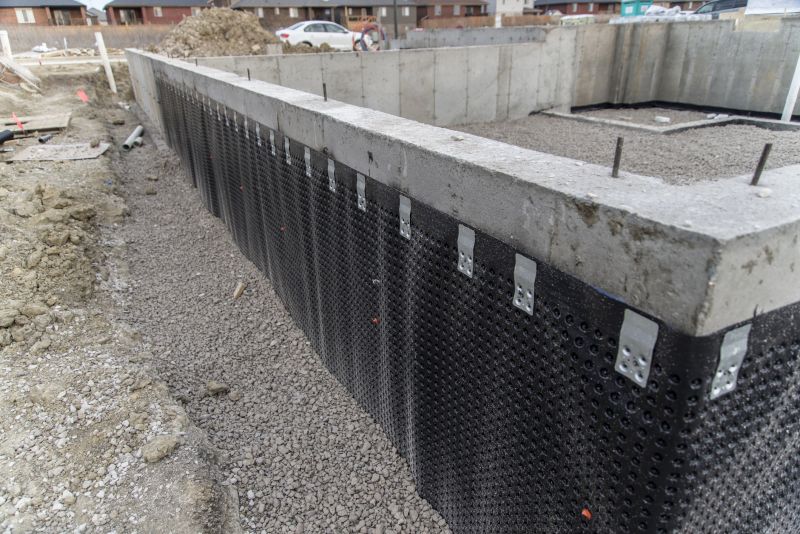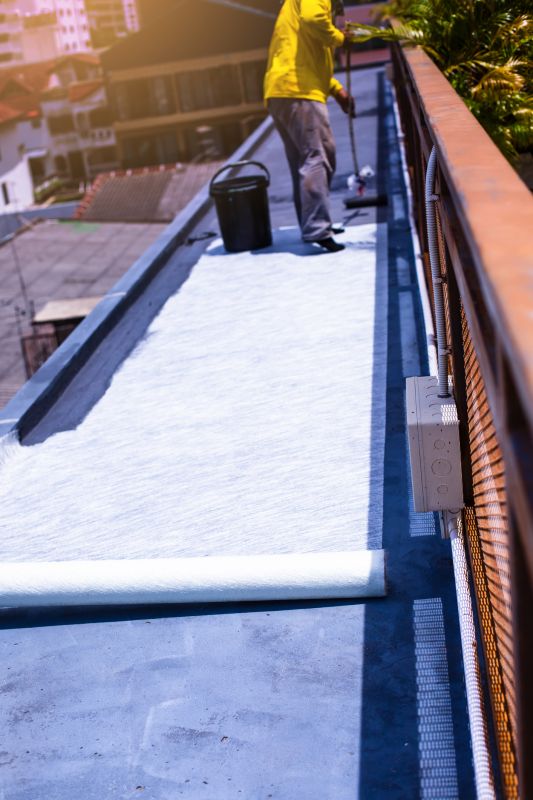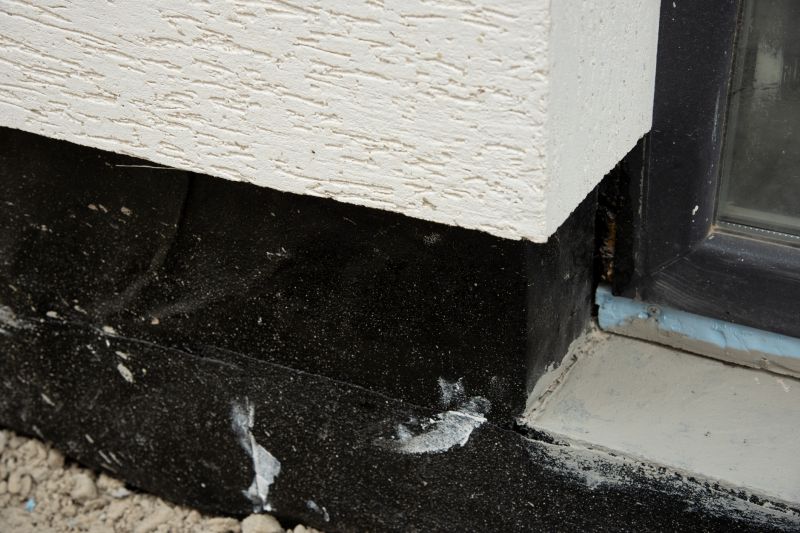Cost-Effective Waterproofing Options for Lasting Protection
Waterproofing is a critical component in protecting structures from water intrusion, which can lead to significant damage, mold growth, and structural weakening. Proper waterproofing ensures that buildings remain dry and durable, especially in areas prone to moisture exposure such as basements, roofs, and foundations. The effectiveness of waterproofing systems depends on the materials used, the application process, and the expertise of the professionals performing the work.
Various materials such as liquid membranes, bituminous coatings, and membrane sheets are used to create a waterproof barrier. Each type offers different benefits depending on the application and environmental conditions.
Waterproofing enhances the longevity of structures, prevents water damage, reduces maintenance costs, and improves indoor air quality by preventing mold and mildew growth.
Key areas include basements, roofs, balconies, bathrooms, and foundations, where water exposure is most likely to cause damage.

Professionals apply waterproofing membranes on foundations to create a seamless barrier against water ingress.

A finished waterproofing system on a commercial building's roof, demonstrating effective water protection.

Close-up of liquid waterproofing membrane being applied to a basement wall.
The process of waterproofing typically involves surface preparation, application of the chosen waterproofing material, and curing or drying time. Surface preparation includes cleaning, repairing cracks, and ensuring proper adhesion. The application can take anywhere from a few hours to several days, depending on the size of the project and the materials used. Proper curing is essential to achieve optimal waterproofing performance.
Hiring a professional for waterproofing services ensures that the materials are correctly applied and the system is effective. Professionals have the experience to identify vulnerable areas, select appropriate materials, and execute the application with precision. This reduces the risk of water ingress and prolongs the lifespan of the structure.
| Aspect | Details |
|---|---|
| Typical Duration | A standard waterproofing project can take from one to several days. |
| Preparation Steps | Surface cleaning, crack repairs, and surface priming. |
| Materials Used | Liquid membranes, sheet membranes, bituminous coatings. |
| Application Methods | Spraying, brushing, or rolling depending on material. |
| Curing Time | Varies from 24 hours to several days based on material. |
| Durability | Properly installed waterproofing can last decades. |
| Common Challenges | Inadequate surface prep, improper application, or material selection. |
| Cost Factors | Size of the area, material type, and project complexity. |
Effective waterproofing is essential for maintaining the structural integrity of buildings in Decatur, IL. Properly installed systems prevent water damage, reduce repair costs, and preserve property value. Consulting with experienced professionals ensures that the waterproofing system is tailored to the specific needs of each project.

A foundation with a durable waterproof membrane applied, providing long-term protection.

Completed waterproofing system on a flat roof, demonstrating proper sealing and layering.

Application of a liquid waterproof membrane on a basement wall.
For those interested in waterproofing services in Decatur, IL, filling out a contact form can provide access to professional assessments and quotes tailored to specific property needs. Proper waterproofing is an investment in the longevity and safety of any structure.


